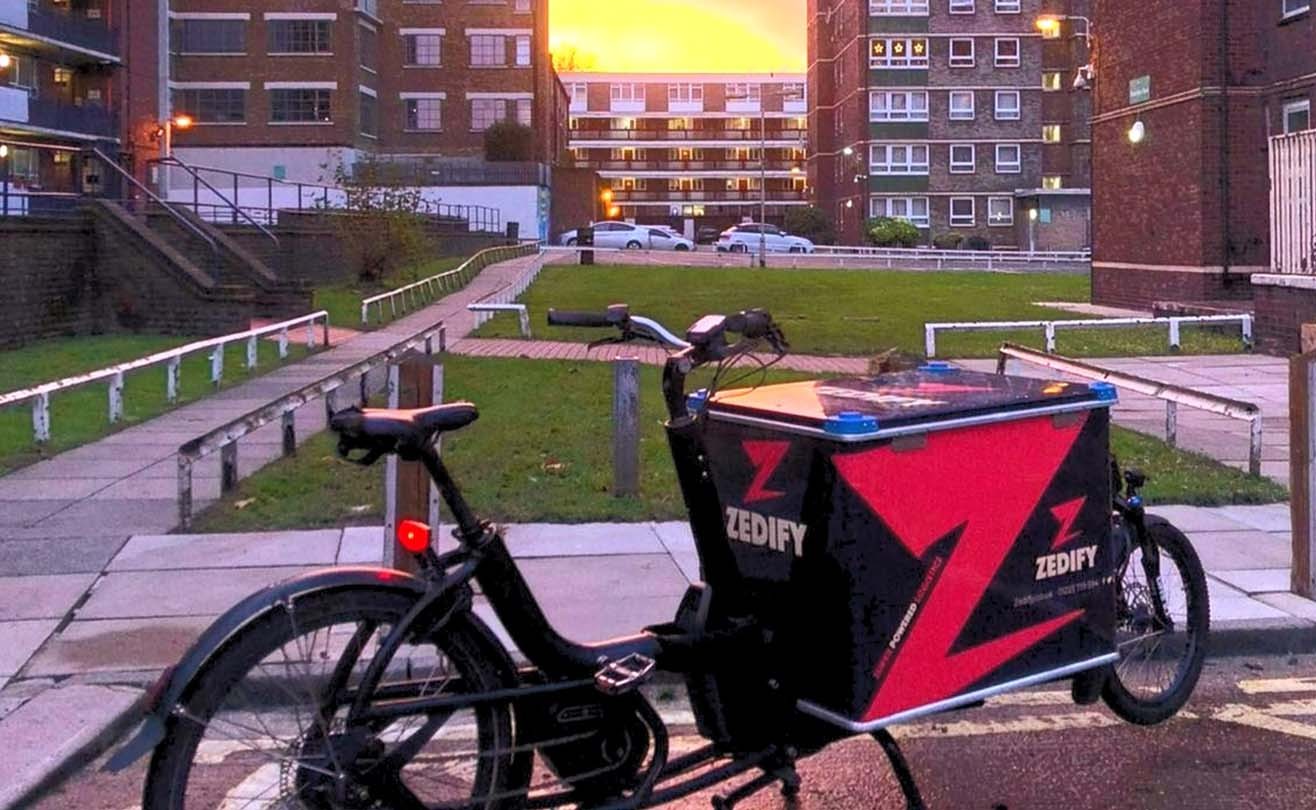
Threestrategiestohelpyourbusinessreduceitsscope3emissions
 September 20th, 2023
September 20th, 2023 Bex Young
Bex Young 4 minute read
4 minute readThree Strategies to Help Your Business Reduce Its Scope 3 Emissions
Many businesses are becoming increasingly eco-conscious and setting goals to become net-zero. Going green is becoming more critical by the day due to the climate crisis.
‘Greening’ your business is also a sensible risk management strategy for likely future legislative changes that will demand more action from businesses, such as the Procurement Policy Note (06/21), which now requires suppliers for major government contracts to commit to net zero by 2050 and have a Carbon Reduction Plan.
So what is a ‘carbon footprint’ anyway?
Your carbon footprint is split into 3 categories: scope 1, scope 2 and scope 3. Scopes 1 and 2 are fairly easy to understand. Scope 1 is direct emissions by any process or activity by the company, like fuel burnt on-site or emissions from industry, say whilst galvanising steel. Scope 2 is direct emissions caused by buying energy like electricity, heat, steam or cooling, and it is usually easy to take into account by simply looking at your utility bills. Scope 3 emissions are generally harder to quantify as they are indirect emissions arising from your business activity, like employees commuting to and from work, emissions from goods and services you procure or waste disposal. However, they are also likely to be the largest share of many businesses’ emissions.
Here are some practical strategies to reduce your scope 3 emissions:
Active travel to work
Encourage your employees to swap cars for active travel like cycling or walking. Solo commuting by car is a significant contributor to Scope 3 emissions. This is why more employees should be encouraged to use alternative, greener transport modes to get to work.
One of the easiest ways to do that is by providing secure and convenient bike storage and parking like bike shelters, racks and stands. Staff need to know that their bikes are safe and secure when they are at work. There is also a growing trend as reported in the latest British Council for Offices report on cycling, which shows that non-cyclists would consider cycling to work if there was better bike storage and better peripheral amenities such as showers, lockers and changing areas. This is something that Zedify is trying to support at our dedicated hub sites, too.
Eco audit your service providers
Seek out providers of services that are also committed to reducing emissions. Think about all the services you buy and make a list. Once you have that, it is easier to start researching alternative providers. A common offender that comes to mind here is transportation and distribution, which is usually two-fold – how the stuff you buy gets to you and how your products reach your customers.
Look for service providers that prioritise sustainability and have a track record of decarbonising their logistics operations. Check their sustainability credentials. Ensure they align with your commitment to reducing emissions. Consider factors such as vehicle fleet, packaging, and energy usage in their operations.
You may be hauling materials from another continent or delivering flowers from Hackney to Chiswick. Luckily, finding logistics companies committed to decarbonising is getting easier regardless of your transportation needs. So, get researching and locate pioneering alternatives, like Zedify, who provide eco-friendly delivery solutions that slash Scope 3 logistics emissions by over 95%
Think about your waste
A proportion of greenhouse gasses are generated from waste that is typically either burnt or decays in landfill. Even worse, landfill emits methane which has up to 30 times higher climate warming potential than carbon dioxide.
Every company can help reduce this type of pollution by reevaluating its strategy when it comes to packaging materials. These can be everything from the post envelopes you use in your office to your own products’ packaging. Companies aiming to reduce their carbon emissions should switch to greener options. Your packaging (and products, if possible) should be recyclable or reusable. This helps reduce the amount of unrecyclable waste ending up in landfills and reduces the need for mining or cutting down of new virgin materials.
Showing commitment to the cause
Even though calculating your Scope 3 emissions is currently optional for most businesses, calculating them anyway shows a willingness to act and a greater commitment to CO2 emissions reduction. Going the extra mile is not just important for your company’s reputation and eco-friendly image. It is also slowly becoming the norm for leading companies, and they are more and more likely to ask for the same proactive and transparent approach from their partners and subcontractors. Working together, from small providers to big multinationals, is the only way we can all stay on the road to net zero and achieve this vital goal by 2050.




